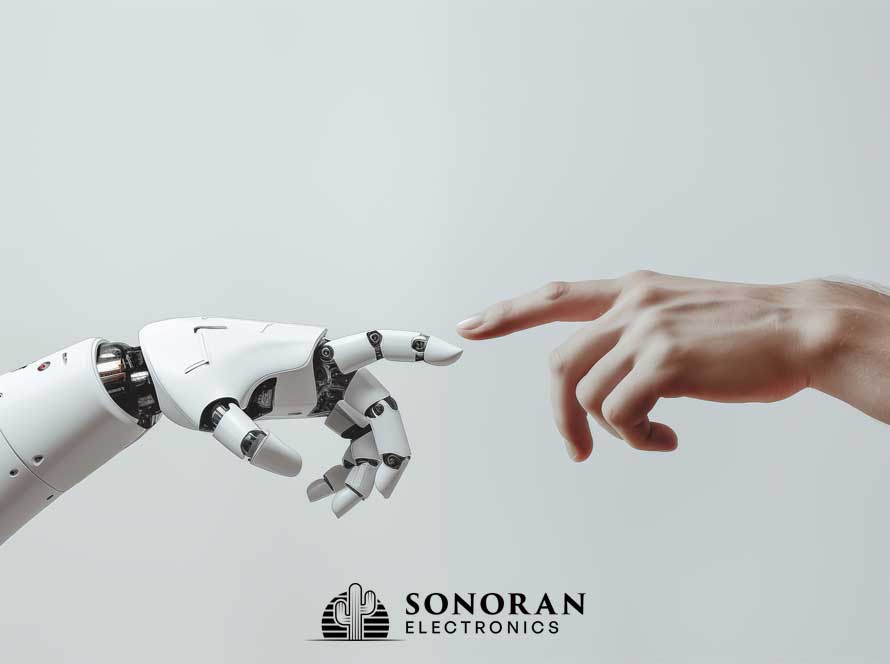The integration of artificial intelligence (AI) into electronic components is revolutionizing industries, with significant implications for both consumer and industrial applications. AI’s ability to process and analyze vast amounts of data in real-time is transforming how electronic devices function, making them more responsive, efficient, and intelligent.
One of the most prominent examples of AI integration is in the realm of predictive maintenance. Electronic components embedded with AI algorithms can monitor the health and performance of systems, predicting potential failures before they occur. This capability is crucial in industries like manufacturing and aerospace, where unplanned downtime can be costly and dangerous. By using AI, companies can schedule maintenance proactively, reducing downtime and extending the lifespan of their equipment.
Moreover, AI is enhancing the capabilities of edge computing, where data is processed locally on devices rather than in centralized cloud servers. This shift allows for faster decision-making and reduced latency, which is particularly important in applications such as autonomous vehicles and smart cities. Electronic components with AI capabilities can process sensor data in real-time, enabling systems to react swiftly to changing conditions, such as adjusting traffic lights based on real-time traffic flow or enabling self-driving cars to navigate complex environments safely.
The consumer electronics market is also seeing a surge in AI-driven devices. From smart home systems to wearable technology, AI is making everyday gadgets smarter and more intuitive. For instance, AI-powered voice assistants can understand and respond to natural language commands, while smart thermostats learn user preferences over time, optimizing energy usage for comfort and efficiency.
Another critical area where AI is making an impact is in the optimization of electronic circuits. Traditionally, the design and testing of circuits have been labor-intensive processes. However, AI-driven design tools can now analyze vast datasets to optimize circuit layouts, reducing power consumption and improving performance. This innovation is particularly relevant in the development of energy-efficient devices, where minimizing power usage without compromising functionality is a key goal.
In the medical field, AI-integrated electronic components are enabling breakthroughs in diagnostic and treatment technologies. AI algorithms embedded in medical devices can analyze patient data with incredible speed and accuracy, assisting doctors in diagnosing conditions and personalizing treatment plans. For example, AI-driven imaging systems can detect anomalies in medical scans that might be missed by the human eye, leading to earlier and more accurate diagnoses.
As AI continues to advance, its integration into electronic components will become even more pervasive, driving innovation across a wide range of industries. The combination of AI’s analytical power with the precision and efficiency of modern electronics is creating smarter, more capable systems that are transforming the way we live and work. This trend is not only reshaping existing technologies but also paving the way for new applications that were previously unimaginable.

